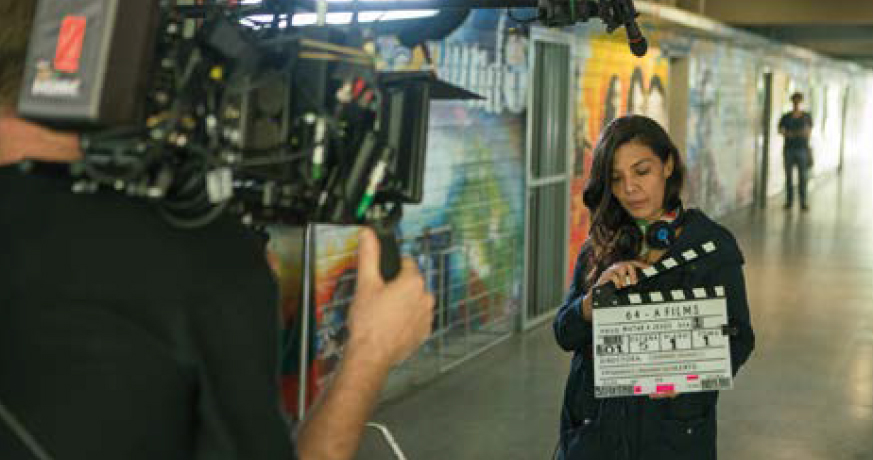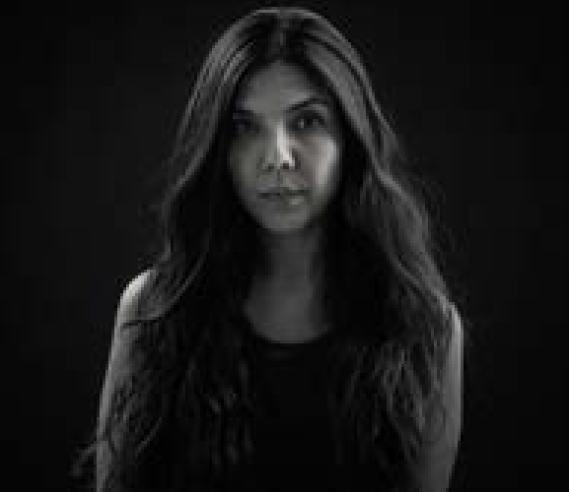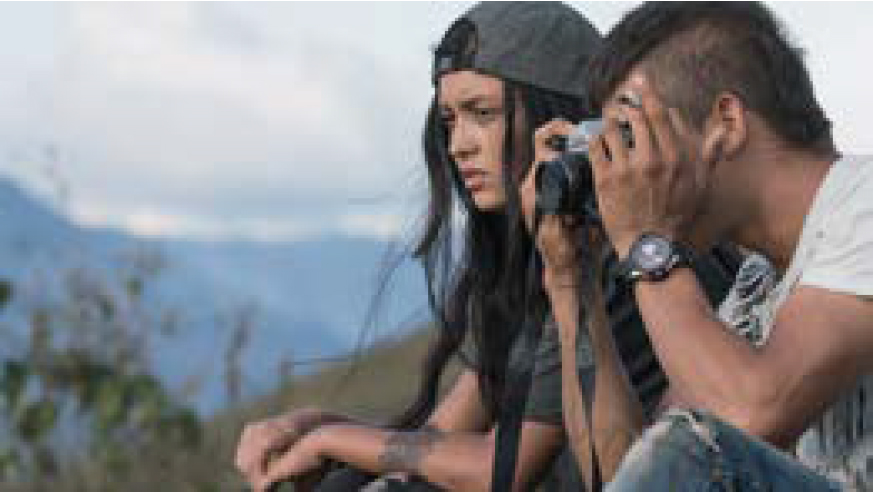“The School gave me the opportunity of Growing up without Frontiers”
We spoke to the alumnus Laura Mora, Film Director.



YACA: How did you get to be a film director?
YACA: What is To Kill Jesus about?
YACA: Where does your interest in filmmaking come from?
YACA: What was your time in school like?
YACA: Has the school influenced the way you carry out your work